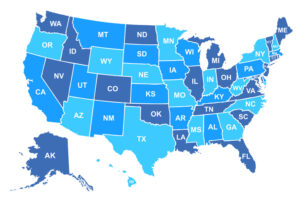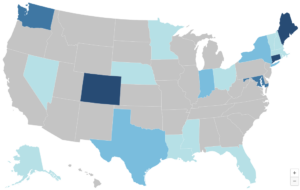Old Diseases, New Threats: Are You Still Protected – and What Will Your Health Plan Cover?

With infectious diseases such as measles on the rise, many Americans are wondering what they can do to protect themselves and loved ones against illness. CHIR’s Leila Sullivan breaks down what vaccines, boosters and titers tests your insurance is and is not required to cover under current federal law.









